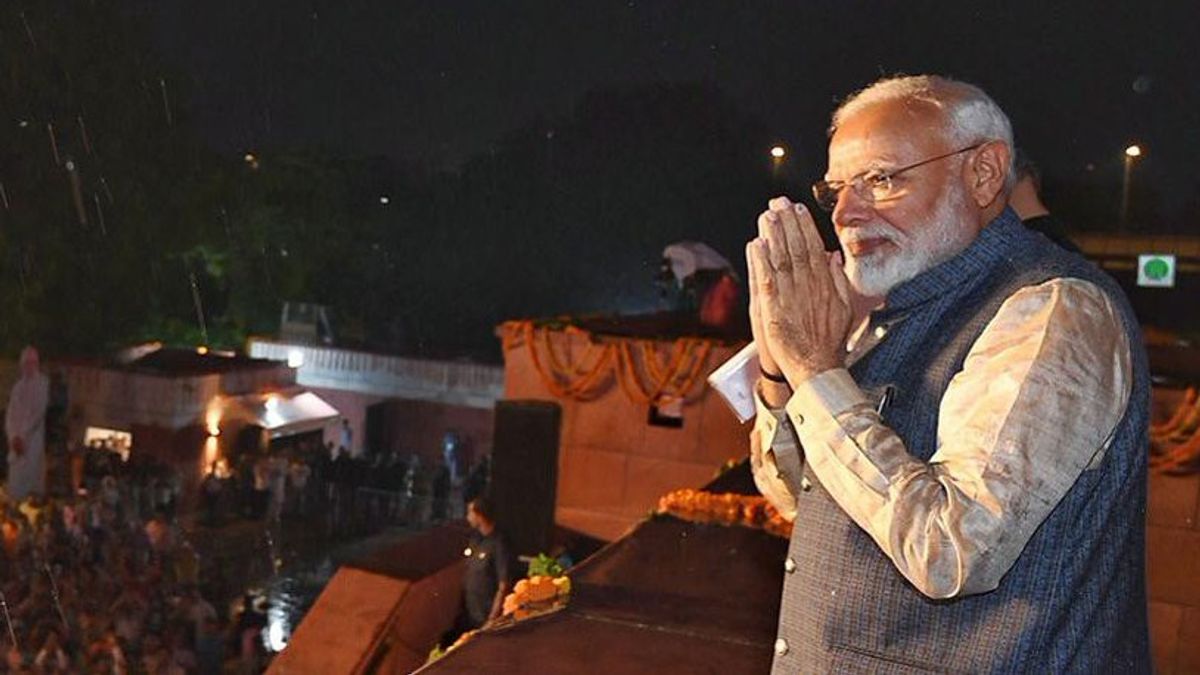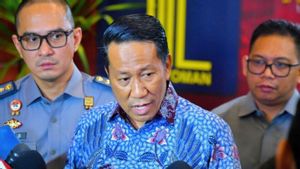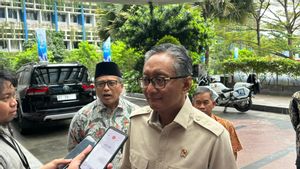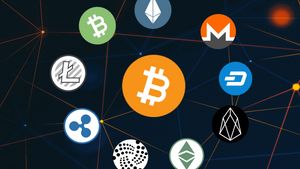JAKARTA - India on Monday, June 6 reissued a new rule on social media companies that was proposed, then abruptly withdrawn last week, but made no changes but made clear that the law was necessary because the company had violated the constitutional rights of the Indian people.
The country last week released a draft amendment to its IT (internet technology) law that would require companies to "respect the rights granted to citizens under India's constitution" and set up a government panel to hear appeals against social media companies' content moderation decisions.
The government released another draft bill last Monday without any changes and asked for public comment within 30 days. But New Delhi for the first time explained why.
"A number of intermediaries (technology) have acted in violation of the constitutional rights of Indian citizens," the government said, as quoted by Reuters, without naming the companies or specific rights violated.
The government of Indian Prime Minister Narendra Modi has strained relations with many Big Tech companies, and New Delhi has tightened regulations on companies such as Facebook, YouTube, and Twitter.
VOIR éGALEMENT:
Tensions flared between the Indian government and Twitter last year when the company refused to fully comply with an order to remove an account that the Indian government said was spreading misinformation about certain farmer protests.
Twitter has also faced strong backlash in India for blocking accounts of influential people, including politicians, for violating its policies.
The government's proposal would force the company to "take all reasonable measures to ensure the accessibility of its services to users along with reasonable expectations of due diligence, privacy and transparency."
Defending the proposed new appeals body, the government said social media companies had no such mechanism and also "no credible self-regulation mechanism."
While Google YouTube, Facebook and Twitter did not immediately comment about it when contacted by Reuters.
The English, Chinese, Japanese, Arabic, and French versions are automatically generated by the AI. So there may still be inaccuracies in translating, please always see Indonesian as our main language. (system supported by DigitalSiber.id)










